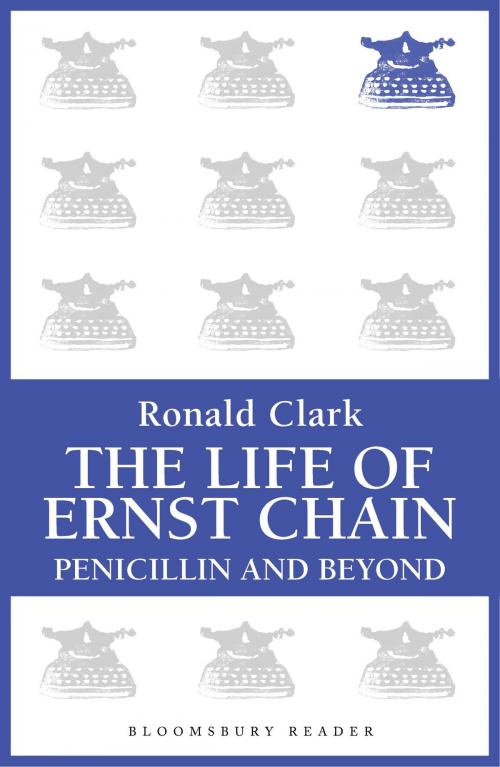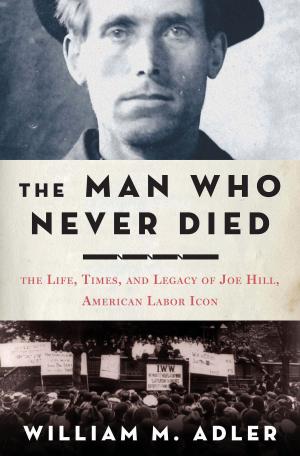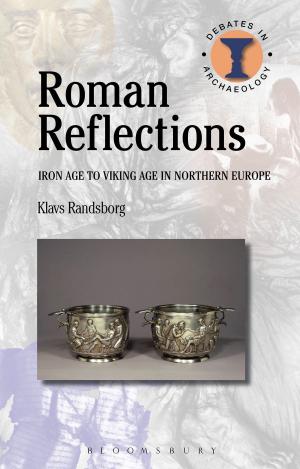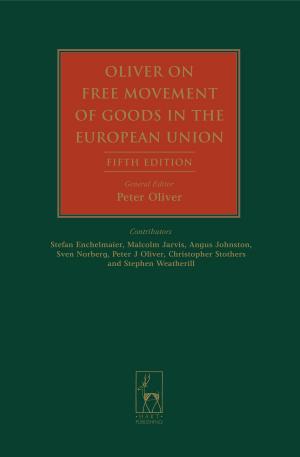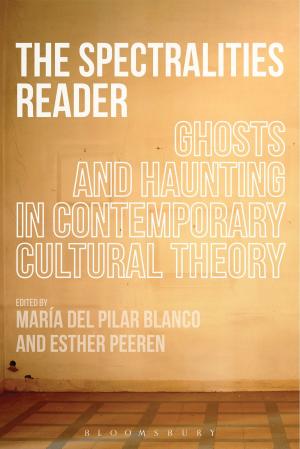| Author: | Ronald Clark | ISBN: | 9781448202515 |
| Publisher: | Bloomsbury Publishing | Publication: | October 28, 2011 |
| Imprint: | Bloomsbury Reader | Language: | English |
| Author: | Ronald Clark |
| ISBN: | 9781448202515 |
| Publisher: | Bloomsbury Publishing |
| Publication: | October 28, 2011 |
| Imprint: | Bloomsbury Reader |
| Language: | English |
A Jew who left Germany when Hitler came to power, Sir Ernst Chain was a winner, with Sir Alexander Fleming and Lord Florey, of the Nobel Prize for Physiology and Medicine in 1945. Later he was a significant figure in the use of the semi-synthetic penicillins which, from the mid-1950s onwards, revolutionized the use of the antibiotic in more than one field of medicine.
Born in Berlin in 1906, of a Russian emigre father and a German mother, Chain left Germany for England on 30 January 1933. Working first with Sir Frederick Gowland Hopkins in Cambridge, then with Professor Howard Florey in Oxford, Chain studied the biochemical processes by which bacteriolytic agents operate. Writing up his results, he studied Fleming's neglected original report of the bacteria-inhibiting properties of penicillin, and with Florey's support embarked on a major investigation of how penicillin could be made and purified.
A Jew who left Germany when Hitler came to power, Sir Ernst Chain was a winner, with Sir Alexander Fleming and Lord Florey, of the Nobel Prize for Physiology and Medicine in 1945. Later he was a significant figure in the use of the semi-synthetic penicillins which, from the mid-1950s onwards, revolutionized the use of the antibiotic in more than one field of medicine.
Born in Berlin in 1906, of a Russian emigre father and a German mother, Chain left Germany for England on 30 January 1933. Working first with Sir Frederick Gowland Hopkins in Cambridge, then with Professor Howard Florey in Oxford, Chain studied the biochemical processes by which bacteriolytic agents operate. Writing up his results, he studied Fleming's neglected original report of the bacteria-inhibiting properties of penicillin, and with Florey's support embarked on a major investigation of how penicillin could be made and purified.
